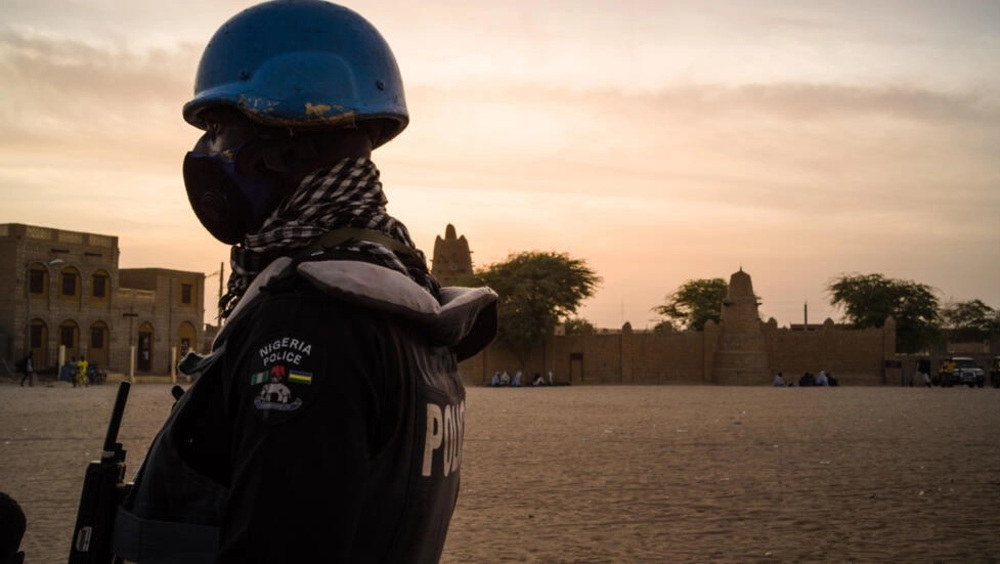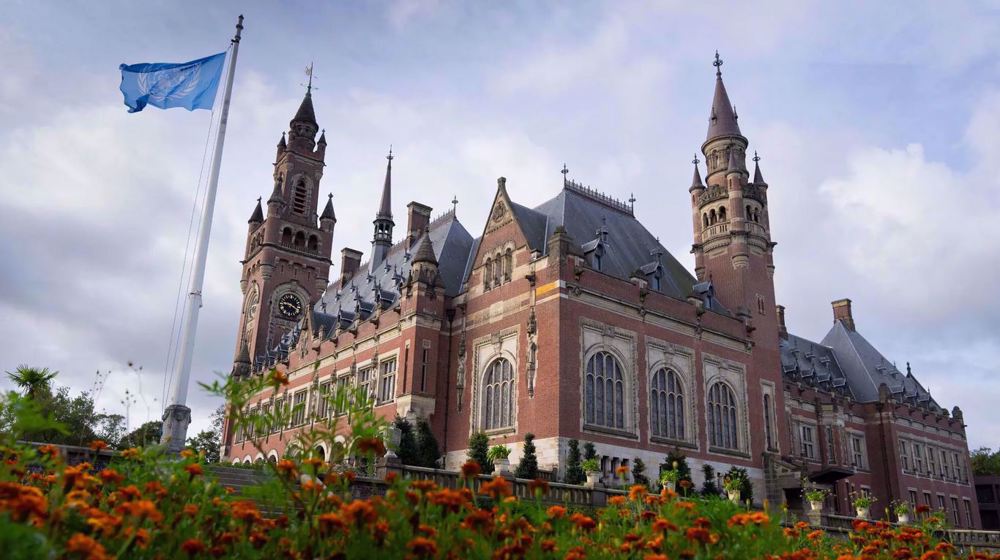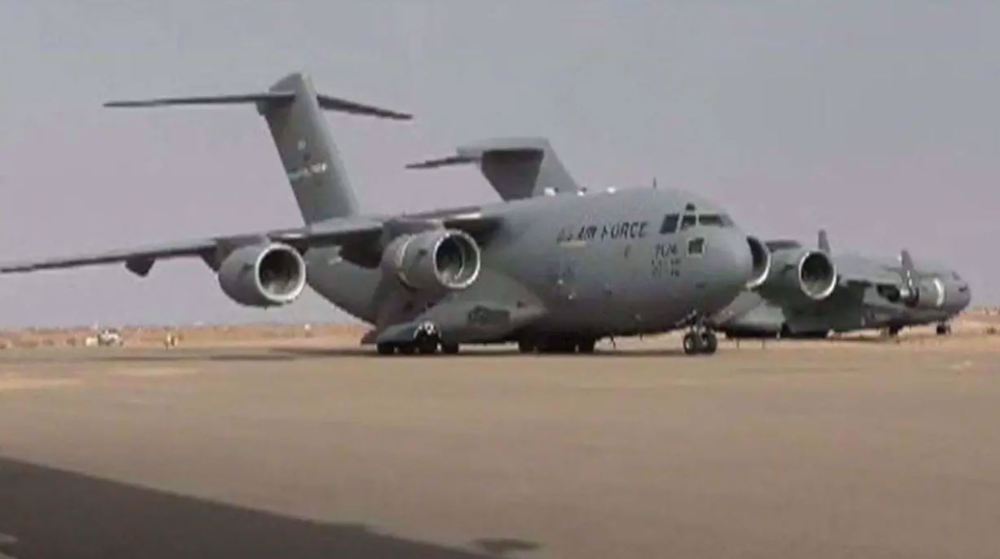UN ends Mali peacekeeping mission at government request
The United Nations Security Council has voted to end a decade-old peacekeeping mission in Mali after the country’s Foreign Minister Abdoulaye Diop called the operation a "failure" and demanded its immediate halt.
As peacekeepers need the consent of the host government, the Security Council voted unanimously to immediately begin winding down the mission.
Mali's UN Ambassador Issa Konfourou also said his country regrets that the Security Council continues to consider the situation in Mali as “a threat to international peace and security.”
"Mali remains open to cooperating with all partners that wish to work with it, subject to respecting the guiding principles of our state policies."
Konfourou said Mali would closely cooperate with the United Nations.
British UN Ambassador Barbara Woodward, however, voiced concern at the UN over the timing of the withdrawal and the alleged involvement of the Wagner group.
"The United Kingdom would not have chosen to withdraw MINUSMA at this moment, when Mali and the wider Sahel are facing increasing instability and humanitarian needs and we do not believe that partnership with the Wagner group will deliver long term stability or security for the Malian people," said Woodward.
Shortly after the vote of withdrawal which is set to be completed by the end of the year, Russian Foreign Minister Sergei Lavrov called Diop and promised "unstinting support" for Mali in the military, humanitarian and economic areas.
Russia's deputy ambassador to the UN, Anna Evstigneeva, also promised "comprehensive support" to Mali, which she said wanted to take "full responsibility" for its security.
Evstigneeva also told the Security Council that Mali had made a "sovereign decision."
"We would like to confirm our support for Bamako in its aspiration to take full responsibility and play the leading role in stabilizing the Malian state," she said. "Russia will continue to provide comprehensive support to Mali for normalizing the situation in that country on a bilateral basis."
Under the resolution led by France, the peacekeepers will cease their main activity from Saturday and focus on departure.
However, they will still be empowered to protect against allegedly "imminent threats of violence to civilians" through September.
The UN operation which is known as MINUSMA has been the most costly mission for the UN at $1.2 billion a year, and 174 peacekeepers have died since its creation in 2013.
Secretary-General Antonio Guterres earlier in June had proposed renewing MINUSMA but streamlining its activities. He also acknowledged shortcomings but called the mission "invaluable."
Mali had slammed France last year of violating its airspace and providing weapons to terrorists and armed groups.
With 13,000 troops and police in MINUSMA, its termination will be a Herculean task, with the United Nations needing to take away equipment, helicopters and armored vehicles.
"Securing the constructive cooperation of the Malian authorities will be essential to facilitate the process," said a spokesperson for UN peacekeeping operations.
As a former French Colony, Mali expelled French forces last year following nine years of unpopular war which had left Mali one of the poorest countries in the world.
As many as 2.5 million refugees have been created, thousands of civilians were killed and the politicians who initially colluded with Paris, widely accused of corruption, were ousted by popular anti-French protests in 2020.
Many of France’s former colonies gained independence in the 1950s, but since 1960 France has had more than 50 military interventions in Africa.
Hezbollah attacks Israeli forces after Lebanese homes blown up
World leaders, states hail ICC arrest warrants for Netanyahu, Gallant
MP: US accountable for possible Israeli 'foolishness' to attack Iraq
VIDEO | Israeli policies strangle Palestinian agriculture, economy
Iran's president offers condolences to Pakistan over terrorist attack
Canada’s Yukon town council at standstill over refusing oath to King Charles
Yemen's Houthi calls for jihad to protect Palestine against Israel
VIDEO | Internal rifts within Israel










 This makes it easy to access the Press TV website
This makes it easy to access the Press TV website